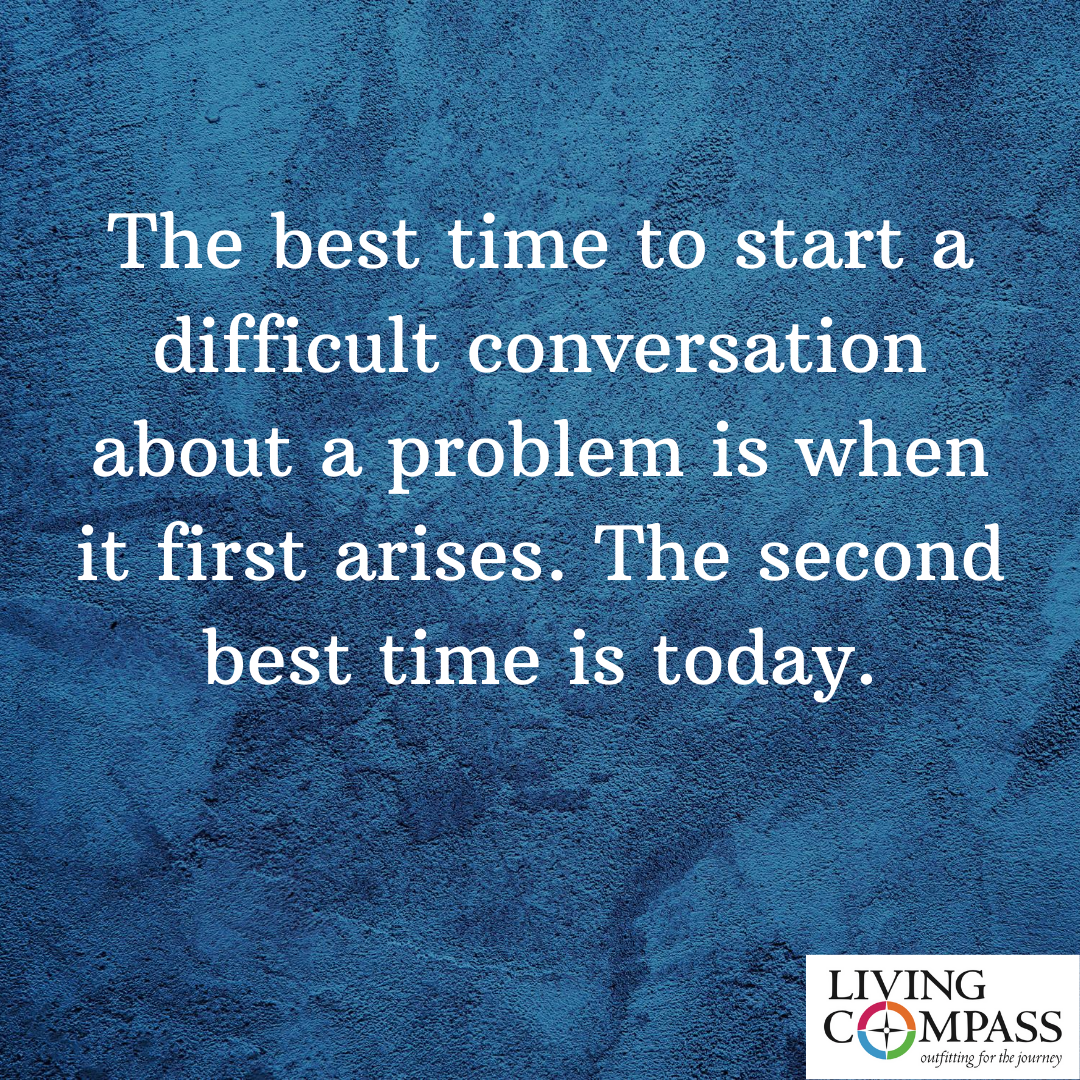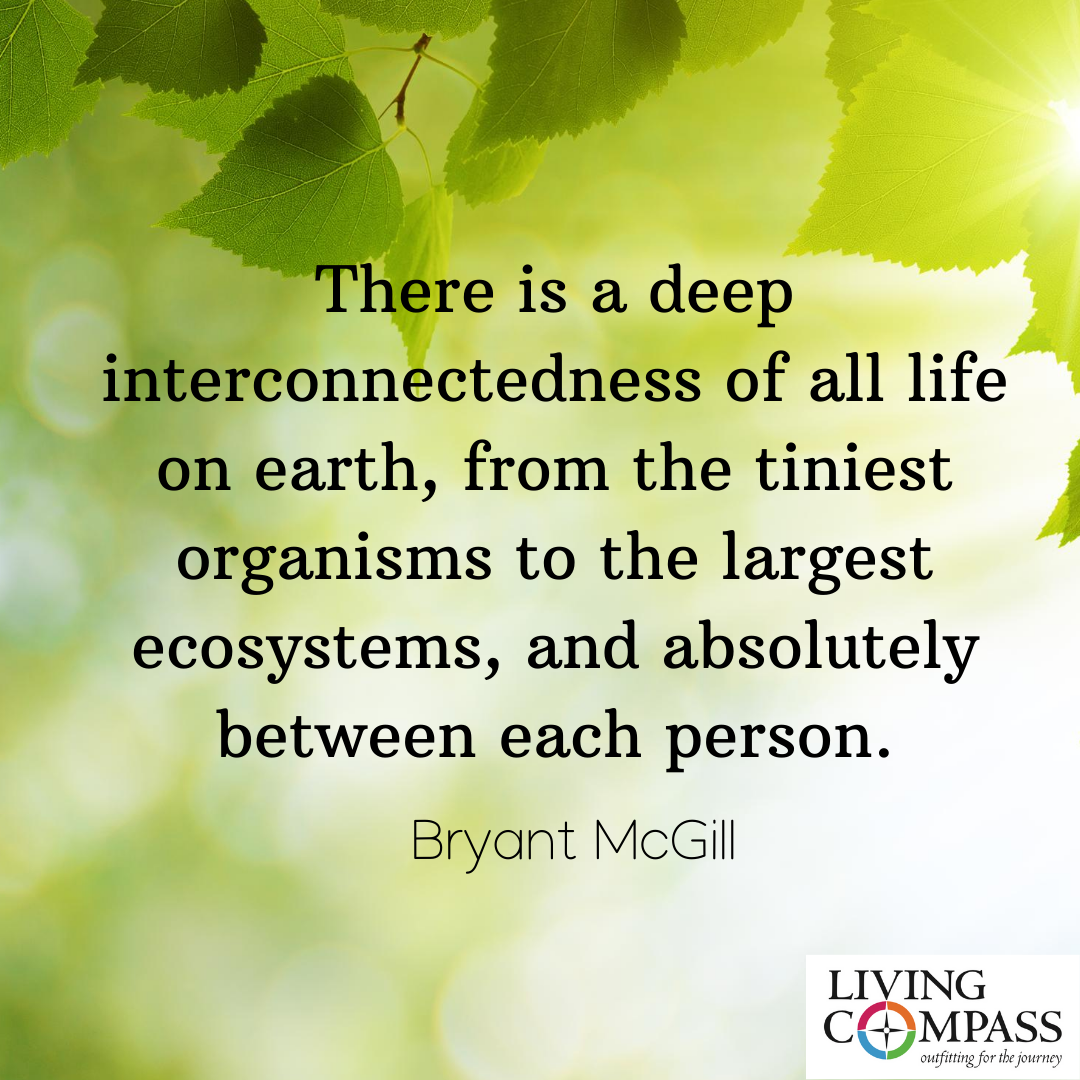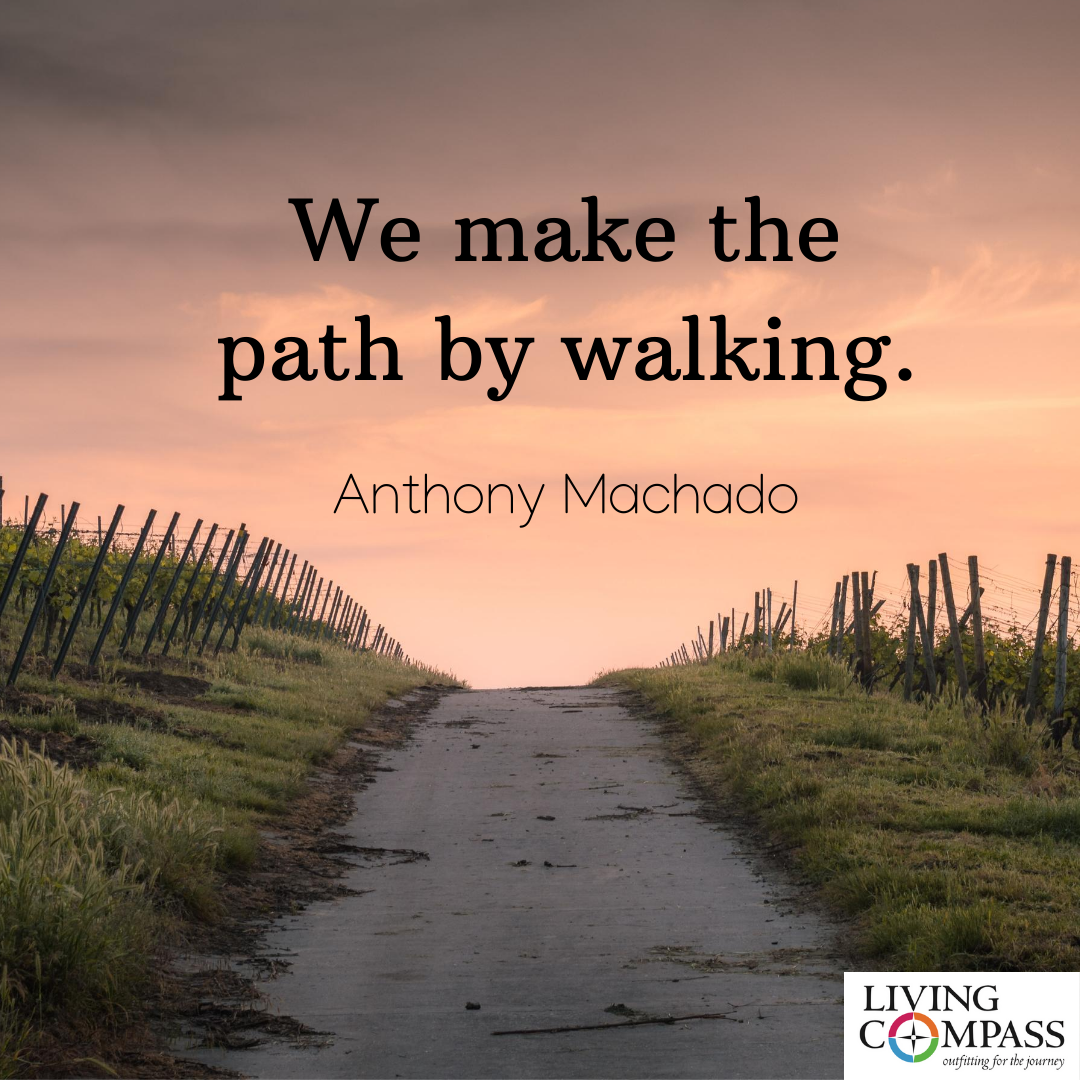Say Yes to the Mess
In 1959 Miles Davis and a group of musicians recorded the album Kind of Blue, which became the best-selling and one of the most influential jazz albums of all time. The remarkable thing about this album is that the musicians had very little preparation time, not knowing what they would be playing until they walked into the studio to record. The original liner notes for the album said that the musicians were only given a few scales and melody lines on which they were to improvise. There were no rehearsals beforehand. All of this was by design to create a genuinely spontaneous, improvised experience co-created in the moment. And the results of what happened in that studio in 1959 are captured in the words of musician Carlos Santana, “They went into the studio with minimal stuff, and came out with eternity.”
While you have quite likely heard of Miles Davis, you probably don’t know the name, Frank Barrett. Barrett is a very skilled jazz musician who also happens to be a management and global public policy professor at the Naval Postgraduate School in Monterey, California. A few years ago, he wrote Yes to the Mess: Surprising Leadership Lessons from Jazz, a book that combines his passion for jazz and teaching others about leadership. Last week I co-taught a graduate course on leadership and in that class, we spent several hours discussing the implications of Yes to the Mess for leadership in today’s world. What we discussed applies not just to leading a business or a non-profit organization, but to all aspects of leading our lives, so please allow me to riff on a few of the key concepts from this book.
Creativity as Joint Performance: Leadership is relational, and often the best ideas are co-created with input from multiple people. A leader’s job is to create an environment where people can take risks and improvise new ideas. As with jazz, soloing is important, but supporting others in their solos is equally essential.
Embrace Errors as a Source of Learning: Errors come with taking risks. Every new endeavor is by definition outside of one’s current comfort zone, and so errors are bound to occur. None of us would have learned how to drive or acquire any other complex skill if we could not make errors.
Unlearning is Sometimes as Important as Learning: If a jazz musician gets stuck in a certain way of playing every time they improvise, then it is no longer improvisation, but begins to sound rote. When a relationship between spouses, or parents and children, or friends becomes stuck in the same pattern over and over again, it may be necessary to unlearn that pattern in order to make room for a new pattern to emerge. An attitude of, “But we have always done it this way,” will stunt creativity and growth every time.
Create Unstructured Time to Just “Hang Out.” Musicians come up with some of their best ideas by just sitting around, hanging out, and trying out new riffs. This is why it is important for us not to schedule every minute of our lives or the lives of our children. Some of the best moments emerge and happen spontaneously, without any planning. An example of this is what we often remember most when we have gone on a vacation. Often the moments we remember most from a trip are not part of the carefully scheduled itinerary we followed, but from a spontaneous, unplanned experience or encounter that arose in the moment.
Say, “Yes to the Mess.” All of the other principles outlined above are dependent on first saying, “Yes” to whatever challenges we are facing in our personal and/or work life. An open and appreciative attitude to accepting “what it” is the first step in improvising new ways of dealing with it
In case you hadn’t noticed, life itself is messy! Most likely, each of us has a little, or maybe a lot, of messiness in our lives right now. It’s our choice as to how we respond to this reality. We can complain about the messiness of life and pretend that if we just work hard enough, we can eliminate it, or…. we can say, “Yes to the mess,” and in the process, invite others to join in with us as we discover new ways to make something beautiful out of it.
Is there a mess in your life right now about which you are spending lots of energy complaining? What would it look like to shift your attitude and start saying, “Yes” to this mess?
I am taking a few staycation days this week and today’s column is being repeated, having been first published three years ago.
Subscribe Now to Weekly Words of Wellness:
Click the button below to signup for the e-mail version of Weekly Words of Wellness. This weekly article can be shared with your community electronically and/or used for group discussion.
You can unsubscribe at any time.




